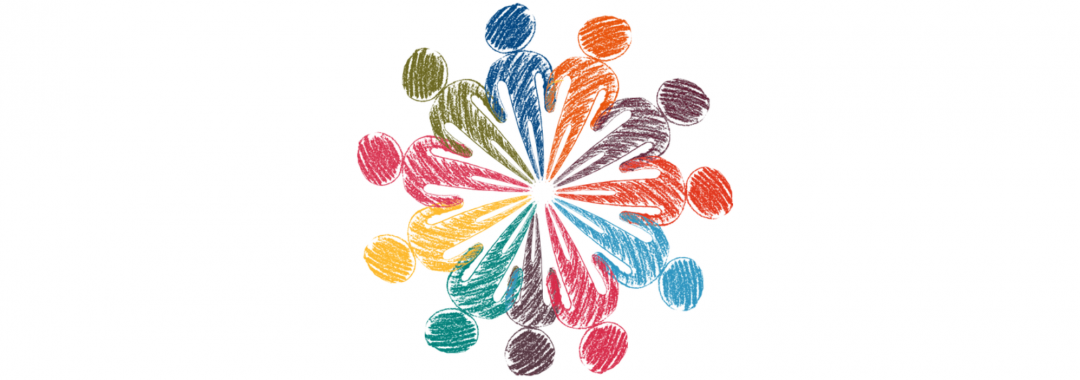
In recent years, numerous organisations have been implementing unconscious bias training, with the aim of enhancing diversity and inclusion. This has become particularly important in view of the Black Lives Matter movement. Yet more recently the whole notion of unconscious bias and associated training has been subject to a significant amount of criticism and in December 2020 a UK government minister announced that such training for civil servants in England would be scrapped. What then is the problem with unconscious bias and what kind of training could replace it?
The problem with unconscious bias
The term ‘unconscious bias’ refers to the notion that individuals hold biases towards people from other social groups (particularly, from different ethnic groups) that they are not consciously aware of. As a result, their decision-making, such as during recruitment, performance evaluation, or promotion, is affected by these subconscious biases, resulting in discrimination and inequality of opportunities.
In the last few years, many organisations have instituted unconscious bias training, with the aim of overcoming these issues and enhancing diversity and inclusion. Yet a number of criticisms have been raised against it, including the following:
- The psychological basis of unconscious bias is unclear; e.g. how it differs from our preferences for the familiar over the unfamiliar and for our own social group over an unknown social group
- There is no accurate and reliable way to measure unconscious bias
- There is only a weak relationship between attitudes and behaviour
- Unconscious bias training may be counter-productive and make the situation worse
- Unconscious bias training may simply function as a tick-box exercise and not achieve real and long-lasting change
There is an ongoing debate on the above, yet whatever the viewpoint, I would argue that an attitudinal perspective, which is what unconscious bias focuses on, is too limited.
Differentiating bias and ‘culture in the mind’
The cultural psychologist, Professor Perry Hinton, author of Stereotypes and the Construction of the Social World (2020), writes as follows:
I am English and for over 20 years I have known my Scottish friend Ian Robertson – author of the excellent book Human Thinking (2021). During that time, Ian has never seen me (an Englishman) wear a bowler hat and carry an umbrella and I have never seen him (a Scotsman) wear a Tam O’Shanter hat and kilt. Yet, I am sure if we did implicit association tests we would both show a stronger association between Englishmen and bowler hats and umbrellas, and Scotsmen and Tam O’Shanter hats and kilts (compared to the other way round). Such implicit associations are often labelled by other researchers as “unconscious bias”. However, this result tells us nothing about my personal beliefs about Scotsmen or Ian’s personal beliefs about Englishmen. The result simply indicates that we have learnt the cultural associations between Englishmen and bowler hats and umbrellas and Scotsmen and Tam O’Shanters and kilts. Learnt cultural associations do not indicate individual cognitive “biases”, simply which culture the person grew up in.
People in different cultures will learn different cultural associations (“culture in mind”) that can lead to misperception and misunderstanding in intercultural (and intergroup) relations. If we want to understand people from other cultures (or social groups) and treat them fairly and decently, then I believe that the best way is through the development of rapport.
A rapport management approach
A rapport management approach focuses on cultural patterning, especially on how we make evaluations when we experience something unexpected. We all have a ‘normalcy’ threshold and when it is breached by something unusual that someone has said or done to us, our evaluation process is immediately triggered. There is frequently an emotional reaction, such as of dislike or annoyance if the experience was negative, and this typically leads to a negative evaluation of the person involved.
However, our judgements are based on our own cultural patterning, and the key is to gain greater awareness of our own, contextually-based cultural patterning as well as that of the other person(s). This cannot be taught directly; rather it requires a personal development strategy. In our training we use a range of tools that help people grow in sensitivity and understanding in the judgements they make of others and that enable them to flex and stretch their behaviour in adjustment. By engaging with these steps, they are able to gain new insights and perspectives, revise their evaluative judgements of others, and find ways of working together more effectively and meaningfully.
But what about prejudice?
Having read through this, you may be thinking: but what about prejudice and discrimination? Isn’t a rapport management approach too superficial? I would contend that our stereotypes and attitudes are deep-rooted, the result of our lifetime of socialisation experiences. As Perry Hinton maintains, they are not simply cognitive “errors”, but relate to social history and culture. Yet societies are not fixed and people engage in politics to change them. Similarly, people and their attitudes can change. Nevertheless, this does not happen overnight. An important starting point is to gain insights into other people’s perspectives and experiences and thereby to grow in mutual sensitivity and appreciation.
If you’d like to learn more about our rapport management approach, get in touch with us.
See also our Insight Reports: ‘Understanding Culture’ , ‘Building Rapport’ and ‘Building Rapport across Cultures‘.
Professor Helen Spencer-Oatey, Director

